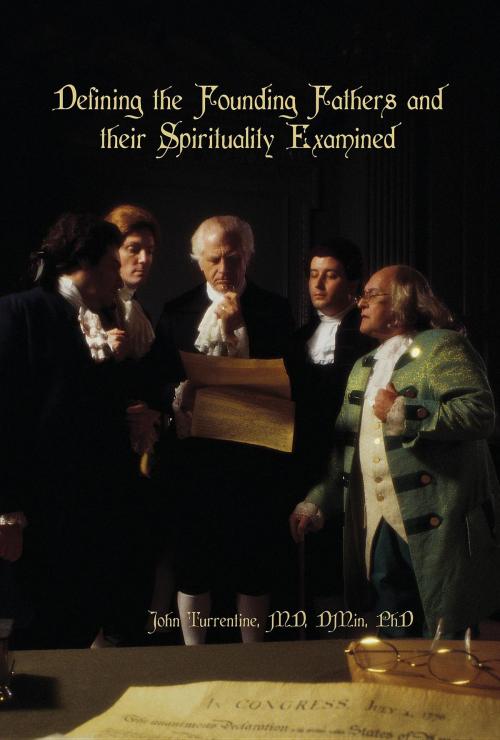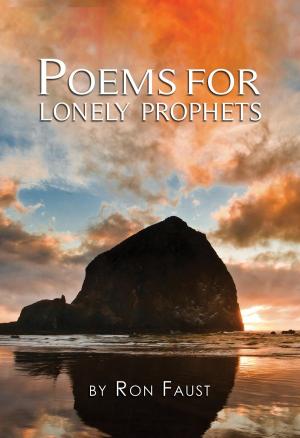Defining the Founding Fathers and their Spirituality Examined
Nonfiction, History, Americas, United States, Colonial Period (1600-1775)| Author: | MD DMin John Turrentine | ISBN: | 9781945058059 |
| Publisher: | Green Ivy | Publication: | February 26, 2016 |
| Imprint: | Green Ivy | Language: | English |
| Author: | MD DMin John Turrentine |
| ISBN: | 9781945058059 |
| Publisher: | Green Ivy |
| Publication: | February 26, 2016 |
| Imprint: | Green Ivy |
| Language: | English |
Often today some historians prefer to describe our Founding Fathers as deists. Deists and secularists not only suggest scholars could learn more about religion by studying nature and science rather than the Bible and Christian theology, but they also criticize the Judeo-Christian tradition and many other organized religions. These secularists teach that religion fosters persecution, stifles freedom of thought, and intolerance. However, these same secularists, deists, or agnostics preach another type of religion—the religion of their own individual intolerance, which often suppresses or at the very least marginalizes religion, especially Christianity. A study is warranted of present-day governmental and secular suppression of Freedom of Speech. What were the basics of the actual writings, letters, thoughts, and actions of our Founding Fathers to define them as such? What are their contributions to the founding of America? What demonstrates their Christianity or lack thereof? This study considers the relevance of these questions in light of the efforts and influence by secular progressives in today’s society to establish an agnostic religion that ultimately suppresses one’s constitutional right of Freedom of Religion as established by our Founding Fathers. An examination of the most significant Founding Fathers, including why they are defined as such, along with supporting evidence demonstrating each Father’s spiritual belief, Defining the Founding Fathers and their Spirituality that is examined provides an understanding of the reason for a separation of Church and State in founding the United States of America while clarifying that there was never any intent by our Founding Fathers to suppress one’s Freedom of Religion.
Often today some historians prefer to describe our Founding Fathers as deists. Deists and secularists not only suggest scholars could learn more about religion by studying nature and science rather than the Bible and Christian theology, but they also criticize the Judeo-Christian tradition and many other organized religions. These secularists teach that religion fosters persecution, stifles freedom of thought, and intolerance. However, these same secularists, deists, or agnostics preach another type of religion—the religion of their own individual intolerance, which often suppresses or at the very least marginalizes religion, especially Christianity. A study is warranted of present-day governmental and secular suppression of Freedom of Speech. What were the basics of the actual writings, letters, thoughts, and actions of our Founding Fathers to define them as such? What are their contributions to the founding of America? What demonstrates their Christianity or lack thereof? This study considers the relevance of these questions in light of the efforts and influence by secular progressives in today’s society to establish an agnostic religion that ultimately suppresses one’s constitutional right of Freedom of Religion as established by our Founding Fathers. An examination of the most significant Founding Fathers, including why they are defined as such, along with supporting evidence demonstrating each Father’s spiritual belief, Defining the Founding Fathers and their Spirituality that is examined provides an understanding of the reason for a separation of Church and State in founding the United States of America while clarifying that there was never any intent by our Founding Fathers to suppress one’s Freedom of Religion.















